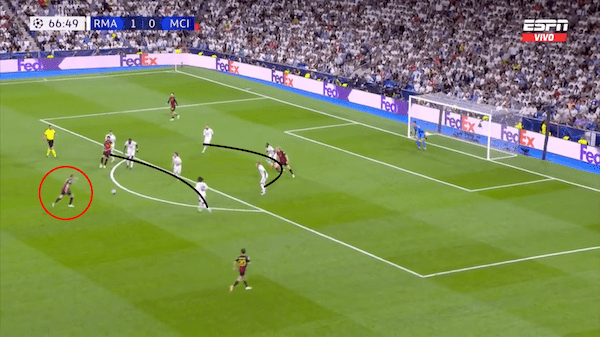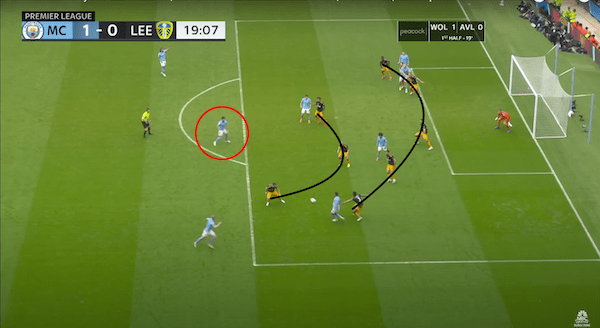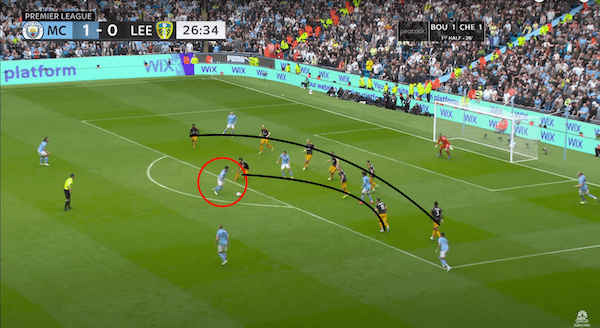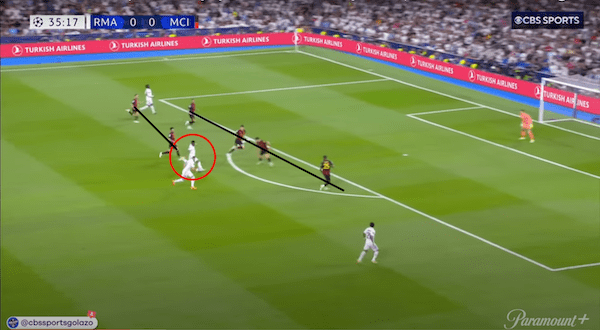The Future of Football Needs Goal-Scorers
The future of football requires footballers who can score goals in less space and time.
Rondos and Positional Games do not provide players with the opportunity to experience these finishing moments.
Let me provide alternatives.
The game is won and lost with goals. Being able to consistently convert chances into goals is vital to any team no matter the level. At this highest level matches, and even seasons, are won or lost on the player's ball-striking abilities.
The fact of the matter is that teams are getting better and better at defending. Teams are able to cover spaces so quickly to close down gaps making scoring more and more difficult.
I wrote about this in Twitter thread, check it out here.
In my work consulting coaches, one of the most common concerns brought to our discussions is the issue of scoring.
"My teams can't score."
"We play well but we don't score."
"We possess the ball all game but we lose."
Side note: If you're interested in consulting with me, learn more here.
When I hear these concerns about scoring I usually know the issue before they even tell me.
Me: "Talk me through your training."
Coach: "We usually start with a rondo, then we'll do some kind of larger position game, and then a scrimmage."
Me: "So they only go to goal 33% of training time?"
And even then, they are not experiencing goal-scoring situations in the same way they experience build-up situations. The players are just kind of left to their own devices when it comes to scoring.
As I said, scoring is extremely important in the game, therefore, training should reflect the value of scoring equally. Players should be experiencing a high percentage of goal-scoring situations, as individuals and as a collective.
As individuals, exposing players to game situations which recreate goal-scoring moments to develop a repetoire of creating and exploiting space in around the goal.
Equally as important is experiencing game situations where they have to work collectively to effectively score goals from different areas of the pitch with different conditions.
Back to the coaches I work with in consulting. In order to observe the natural tendencies players have in goal-scoring moments, the coach must recreate all kinds of game situations where they would have score with different conditions. Once you have observed what players currently do, you have to decide how you are going guide them through this process:
Amplify their most effective behavior and Adapt their least effective behavior.
This is done with implicit methods like training design and individual and team principles which focus on the WHAT instead of the HOW (something else which is commonly discussed in consulting with me).
Lastly, observe again and repeat process until the process is streamlined. I focus alot on the goal-scoring moment, as well as defending the goal-scoring moment, in HOW TO COACH POSITIONAL PLAY ONLINE COURSE.
Players deserve the opportunity to improve their ability to score goals.
Players become frustrated when they are told that they played well and 'the goals will come'. Not scoring is frustrating. Even more frustrating is not being able to experience it in training to improve it. Give them the opportunity.
Don't leave out goal-scoring from your training.





